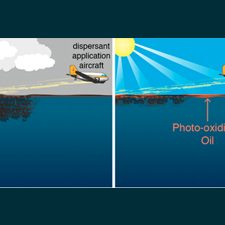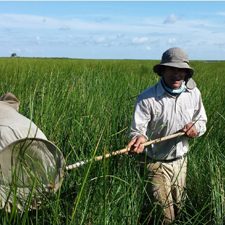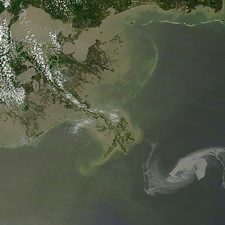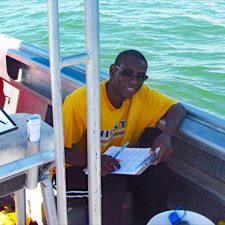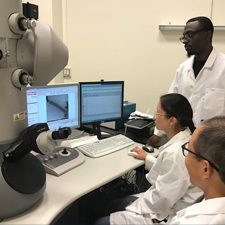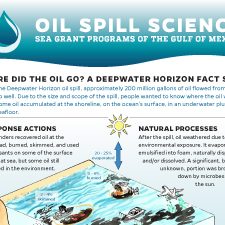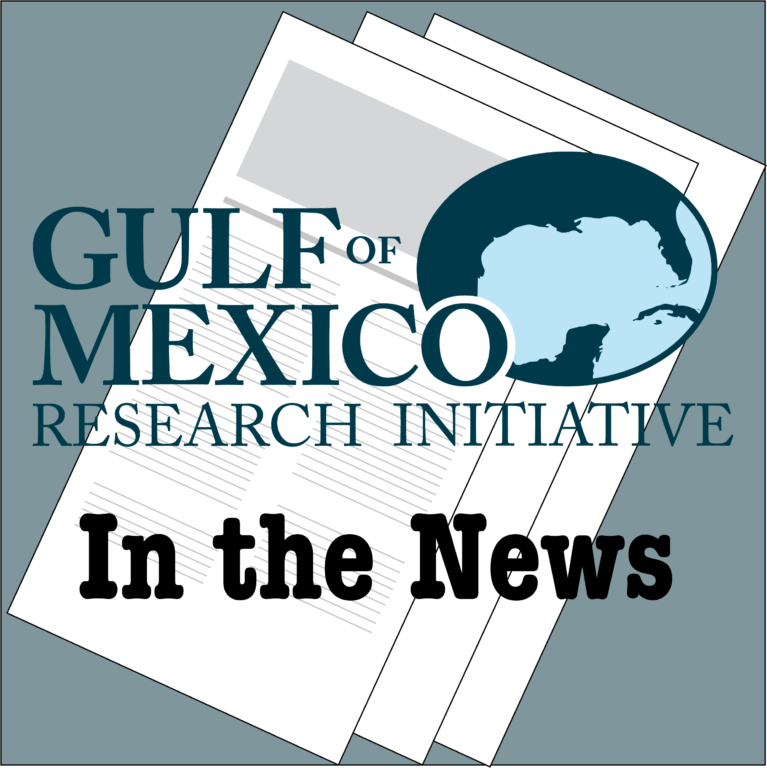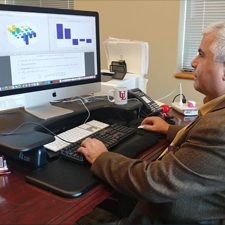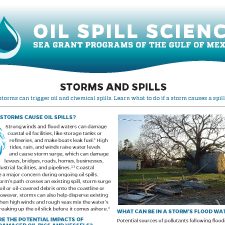Grad Student Karthikeyan Uses Genetics to Understand Microbial Oil Degradation in Beach Sands
Petroleum hydrocarbons released by oil spills can accumulate on beaches and in nearshore sediments, potentially creating health risks for humans and coastal organisms. However, the highly variable conditions of beach environments make it difficult to determine the long-term behavior and fate of hydrocarbons in sands and sediment.


